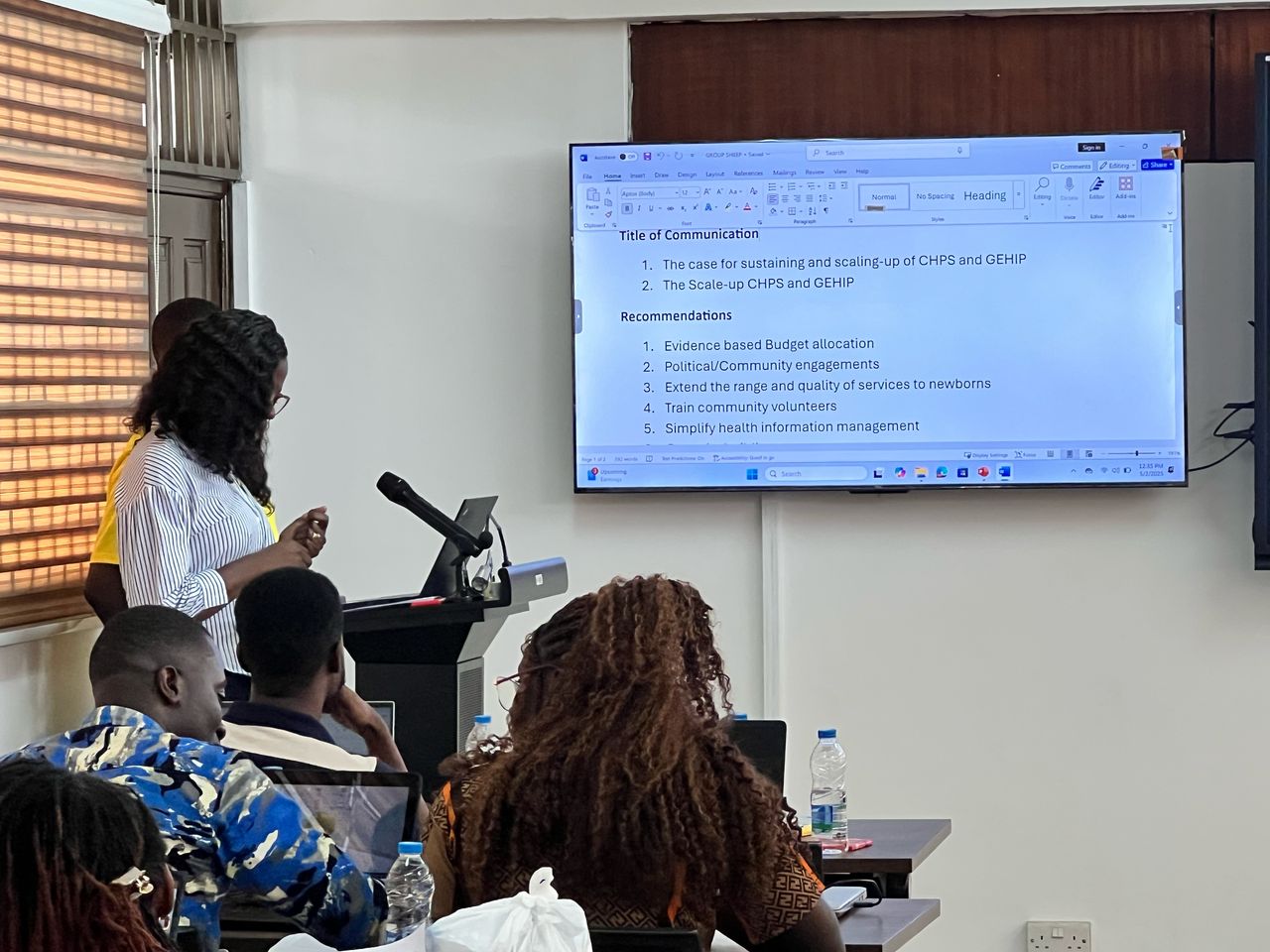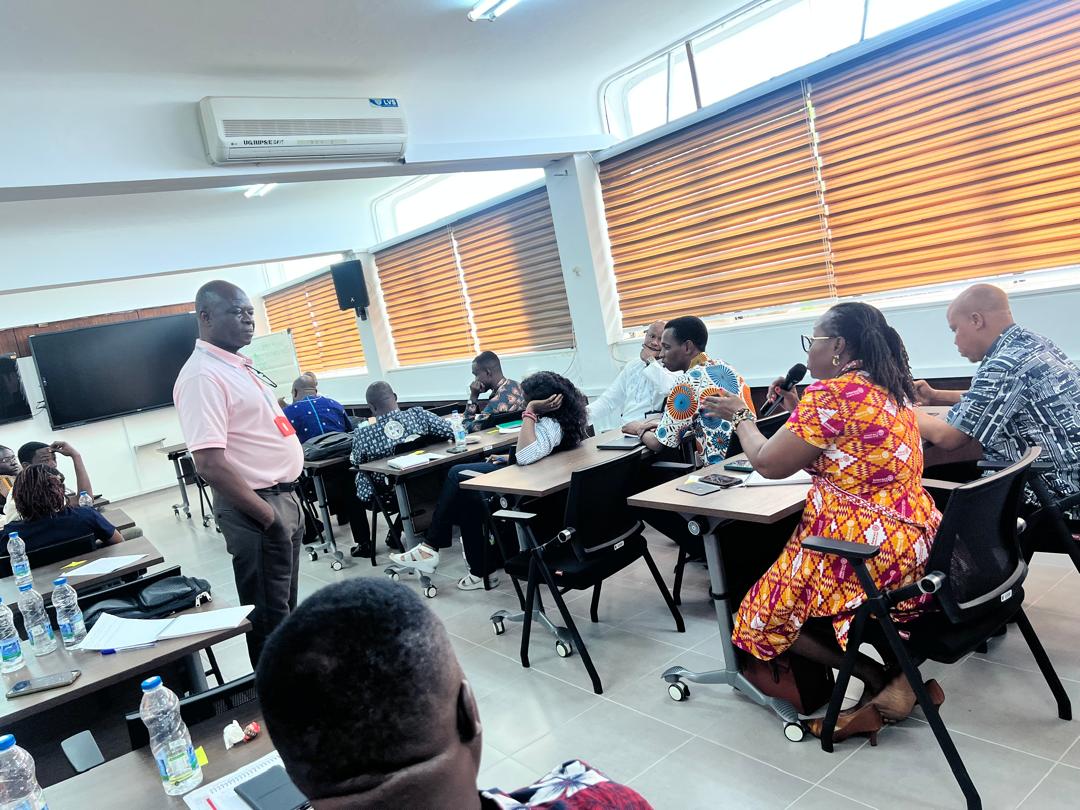A certification workshop for project mentees and early-career researchers from some departments and agencies including the Ghana Health Service and the Ministry of Health has ended at the University of Ghana, Legon, with participants saying they have acquired new skills and updated their knowledge to effectively advocate for getting research evidence to inform policy decisions. The two-day training workshop formed part of activities under the Sustaining the African Health Initiative Community of Practice (AHI CoP) project whose goal is to build a community of implementation science practitioners, share health systems strengthening lessons, and promote research uptake for policymaking and healthcare improvements based on implementation research from the African Health Initiative (AHI).
Funded by the Doris Duke foundation, the AHI was launched in 2007 aiming to shift focus from single-disease programmes to strengthening health systems to deliver integrated primary care in underserved regions of Africa. The initiative is delivered through Population Health Implementation and Training partnerships in Ethiopia, Ghana, Mozambique, Rwanda, Tanzania, and Zambia.
AHI CoP prioritizes training the next generation of researchers to pursue the search for and communicate innovative and sustainable solutions to Africa’s health challenges. In Ghana, the AHI CoP project therefore collaborates with a cohort of mentees in the leadership development programme to hone their leadership skills, critical thinking, problem-solving, and decision-making abilities. Other participants in these capacity building workshops are drawn from various agencies, institutions, and departments, including the Ghana Health Service and the Ministry of Health.
Dubbed Research to Policy: Advocacy in Action, the workshop enabled participants to identify, analyse, and frame advocacy issues; develop “Briefing Notes” and “Position Papers”; understand the policy making processes and how to get involved; as well as appreciate the key steps of advocacy. A combination of lecturettes, PowerPoint presentations, individual exercises, question and answer sessions, open air practical exercises, small group discussions, plenary sessions, storytelling, and games, were among participatory methods that motivated active listening and animated discussions.
In an evaluation exercise after the workshop, participants described “the organisation of the seminar [as] perfect, seamless and well-coordinated.” They said they gained a better appreciation of the enormous challenges associated with navigating the complex policy processes, and how to balance competing interests and priorities among multiple stakeholders in the context of limited resources, and restricted timelines. They noted that though the development of “Briefing Notes” and “Position Papers” was the most useful exercise during the workshop, it was also the most challenging to grasp. “The ‘Position Papers’ and the ‘Briefing Notes’ were my take-homes,” recalled one participant. They called for an extension of the number of days for the training and for the “training to be opened to a larger community.”
In the closing remarks on behalf of the AHI CoP Principal Investigator, Prof. Ayaga Bawah, Dr. Pearl Kyei, a member of the project team, charged participants to endeavour to apply the skills they have learned. Having sat in for the training, she promised to explore the possibility of expanding the range of participants for future workshops to include relevant policy decision makers across all levels of the health system.
The workshop also offered participants a platform to network and continue to engage on health system strengthening as well as other topics of interest.
Niagia Santuah (PhD), a communications scientist with many years of experience conducting advocacy workshops and supporting the translation of research evidence into policy and practice, facilitated the workshop.
- Log in to post comments



